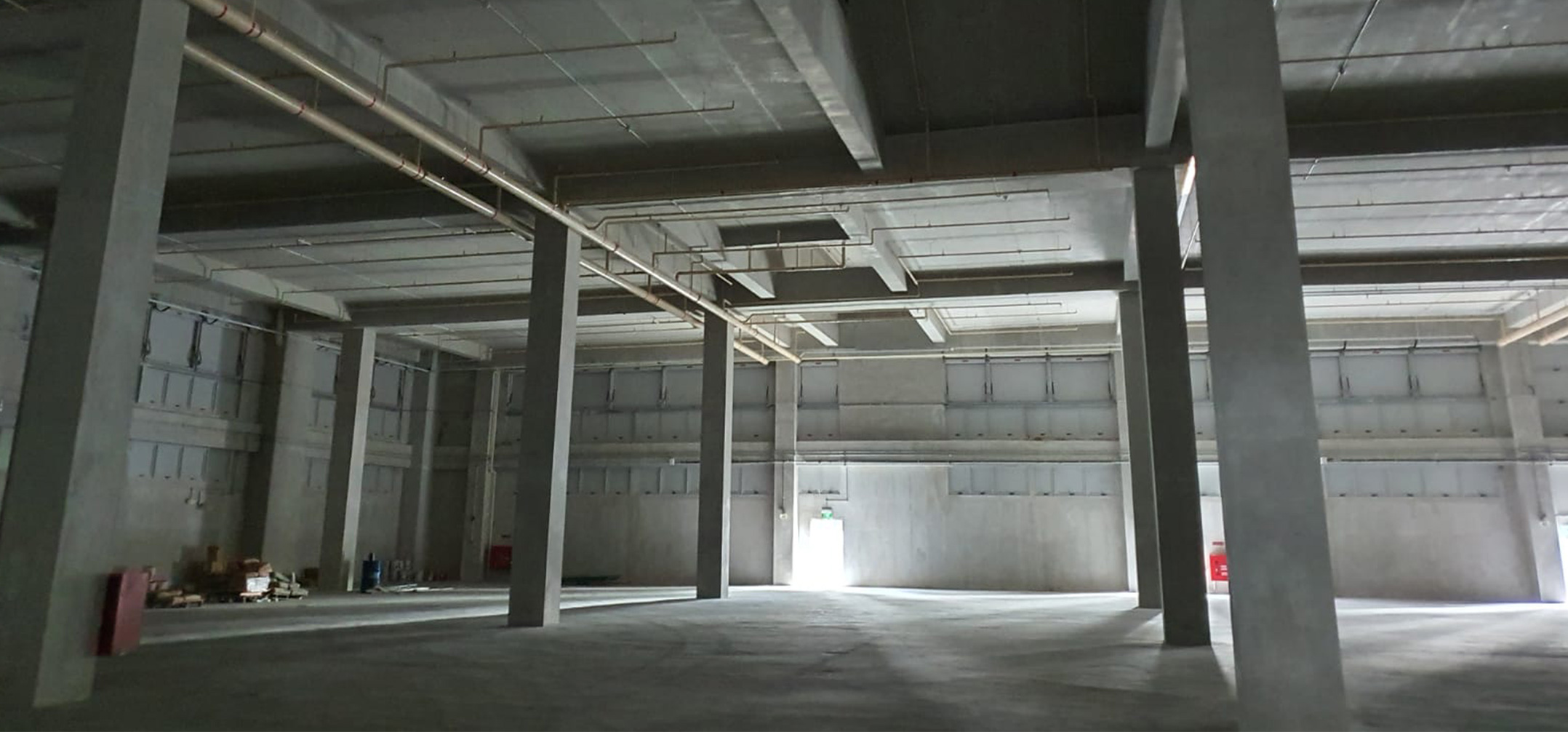
Understanding JTC industrial rental requires examination of Singapore’s unique industrial ecosystem, where a statutory board serves as master architect and landlord for a substantial portion of the nation’s manufacturing, logistics, and business park infrastructure. This system, evolved over six decades, represents a deliberate strategy to organise industrial activity into purpose-built environments that maximise efficiency whilst preserving spatial harmony in a land-scarce island state.
The JTC Framework and Its Evolution
The Jurong Town Corporation, established in 1968, functions as Singapore’s principal developer and manager of industrial infrastructure. Its portfolio encompasses industrial estates, business parks, flatted factories, and specialised facilities distributed across strategic locations island-wide. The organisation operates under the Ministry of Trade and Industry, executing government policy whilst maintaining commercial viability in its property operations.
JTC’s rental properties exist within a carefully structured hierarchy of facility types, each adapted to specific industrial requirements. This taxonomic approach to industrial space allocation reflects an understanding that different industries possess distinct spatial, infrastructural, and operational needs. The system’s elegance lies in its capacity to accommodate enterprises ranging from precision engineering workshops to large-scale logistics operations within appropriately scaled environments.
Categories of JTC Industrial Properties
The rental inventory divides into several principal classifications:
- Flatted factories providing multi-storey industrial space for light manufacturing and general industrial purposes
- Business park units designed for research and development, high-technology manufacturing, and knowledge-intensive activities
- Standalone factories and warehouse facilities offering ground-level operations with dedicated yards
- Stack-up facilities combining warehouse and ancillary office space in ramp-accessible configurations
- Specialised facilities for food manufacturing, aerospace, marine, and chemical industries
Each category serves distinct tenant profiles and operational requirements. Flatted factories typically house small to medium enterprises engaged in light manufacturing, assembly operations, or storage activities. These multi-tenanted buildings promote efficient land use, with unit sizes ranging from approximately 500 square feet to several thousand square feet distributed across multiple floors.
Business park facilities occupy a different ecological niche within the industrial landscape. These properties integrate office and production space in environments designed for clean industries, research activities, and technology development. The Ministry of Trade and Industry notes that “business parks provide an environment conducive for knowledge-intensive and high value-added activities,” reflecting their role in Singapore’s economic evolution toward innovation-driven sectors.
The Rental Process and Eligibility
Accessing JTC industrial rental space requires navigation of a structured application process that prioritises legitimate industrial users over speculative interests. The fundamental eligibility criterion mandates that applicants demonstrate genuine industrial or business activities aligned with Singapore’s economic development objectives. Prospective tenants must register with the Accounting and Corporate Regulatory Authority and possess relevant business licenses for their intended operations.
The application procedure follows a systematic pathway. Interested parties first identify suitable available units through JTC’s property portal, where listings provide specifications including floor area, height clearance, loading bay access, and infrastructure capabilities. Applications submitted online require detailed business information, proposed activities, and projected employment figures. This data serves dual purposes: assessing tenant suitability and gathering intelligence on industrial land use patterns.
Rental rates for JTC properties reflect market conditions whilst incorporating policy considerations. Unlike purely commercial landlords operating solely on profit maximisation principles, JTC balances revenue generation with broader economic development objectives. The pricing structure takes into account location, property type, specification, and prevailing market conditions. Rental rates undergo periodic review, typically aligned with lease renewal cycles.
Terms and Conditions
Standard JTC industrial rental leases operate on three-year terms with options for renewal subject to continued eligibility and satisfactory tenancy performance. The organisation maintains strict guidelines governing permissible uses, with tenants required to conduct only activities approved in their tenancy applications. Unauthorised subletting, illegal alterations, or prohibited activities result in lease termination.
The terms include provisions for rental revision, typically occurring at three-year intervals to reflect market adjustments. JTC’s rental revision framework considers multiple factors:
- Comparable private sector industrial rental rates
- Property market trends and economic conditions
- Inflation indices and operating cost variations
- Government policy objectives regarding industrial land pricing
Tenants bear responsibility for utility costs, property tax, maintenance of their occupied spaces, and insurance coverage. The statutory board retains responsibility for common area maintenance, structural repairs, and major building systems.
Strategic Considerations for Prospective Tenants
The decision to pursue JTC industrial rental rather than private sector alternatives involves weighing multiple factors. Location represents a primary consideration, as JTC’s properties cluster in designated industrial estates and business parks that may or may not align with a business’s logistical requirements or workforce accessibility needs. Transport connections, proximity to suppliers or customers, and labour catchment areas all influence operational efficiency.
Infrastructure specifications deserve careful evaluation. Manufacturing operations with heavy machinery require adequate floor loading capacity, whilst logistics operations prioritise ceiling height and loading bay configurations. Businesses handling hazardous materials must verify that facilities possess appropriate approvals and safety systems. The fit between facility specifications and operational requirements fundamentally determines long-term tenancy success.
For enterprises seeking to establish or expand operations within Singapore’s structured industrial framework, thorough research and clear understanding of eligibility criteria, operational constraints, and market alternatives remain essential when considering JTC industrial rental.
